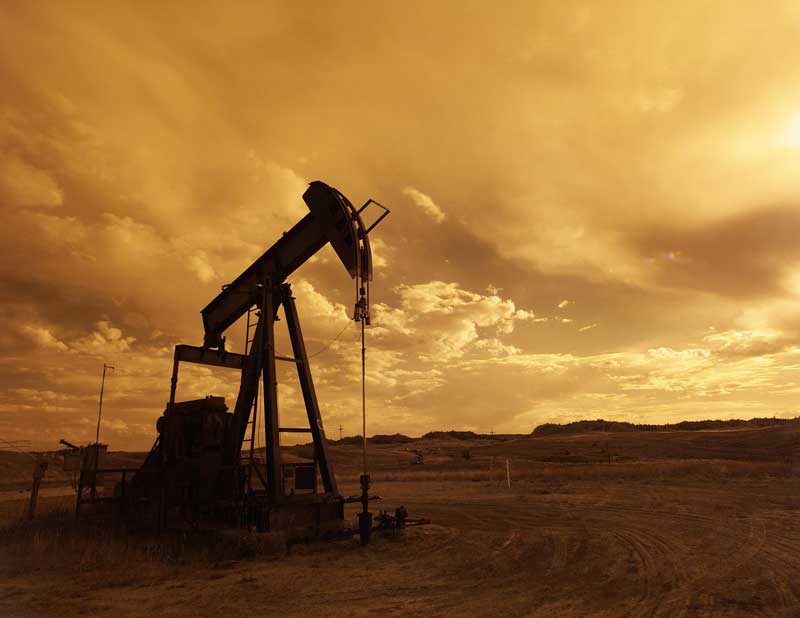
Oil prices rose on Monday after three days of declines, driven by tightening supplies amid escalating geopolitical tension in the Middle East and an intensifying Russia-Ukraine conflict.Brent, the benchmark for two thirds of the world’s oil, climbed 0.61 per cent to $85.95 a barrel at 9.46am UAE time.West Texas Intermediate, the gauge that tracks US crude, advanced 0.69 per cent to $81.19 a barrel.
“Escalating geopolitical tension, coupled with a rise in attacks on energy facilities in Russia and Ukraine, alongside receding ceasefire hopes in the Middle East, raised concern over global oil supply,” Reuters cited Hiroyuki Kikukawa, president of Nissan Securities’ unit NS Trading, as saying.“Falling US rig count also increased worry over tighter supply.”
On Sunday, Russia unleashed a barrage of missiles on Ukraine’s western region of Lviv. The assault on Ukraine follows recent attacks on Russian oil infrastructure, with several crude refineries hit in drones strikes this month alone.Ukraine’s drone strikes caused a fire at Rosneft’s largest refinery on March 13. There have been strikes on two oil terminals, four oil and fuel depots and 14 refineries this year.
While the damage at most energy complexes has been repaired quickly, between 600,000 to 900,000 barrels per day of refining capacity is set to remain offline for “several weeks to months”, Japanese lender MUFG said in a report last week.The latest Russian attack – through 57 missiles and drones that also hit targets in Kyiv – follows two days of intense aerial bombardment of Ukraine’s energy infrastructure.
Russia has also linked the Moscow concert hall attack that killed 137 people to Ukraine after it arrested 11 people.Gunmen went on a rampage on Friday at the Crocus City Hall in a suburb on the northern edge of Moscow. The ISIS terrorist group’s Afghanistan affiliate claimed responsibility for the attack.
Russian authorities have yet to blame the group. However, President Vladimir Putin claimed suspects were detained while attempting to travel “towards Ukraine where, according to preliminary information, they had a window to cross the border”.
Kyiv has denied any involvement in the terrorist attack while UK Chancellor Jeremy Hunt has said the Britain has “very little confidence” in Russia’s narrative”, describing it is a “smokescreen of propaganda” to justify attacks on Ukraine.In the Middle East, Houthis continued to attack commercial vessels in the Red Sea, hitting Chinese-owned oil tanker Huang Pu, the US military said on Sunday.
The assault underpins the continued risk to shipping and disproves Houthi claims that they would not strike Chinese vessels in the vital waterway, which carries about 12 per cent of global trade.Israel has also continued its attacks in Gaza, as chief negotiators to the truce talks have left Qatar without making tangible progress towards a deal to pause the fighting.
A three-day diplomatic blitz by US Secretary of State Antony Blinken appears to have failed to mend fences with Israeli leader Benjamin Netanyahu, with the American official warning Israel of international alienation if it invades Rafah in southern Gaza.More than a million displaced Palestinians have sought shelter in Rafah.Crude is headed for a third monthly gain as the Opec+ group of crude producers enforces output curbs and the US tightens its sanctions to limit the flow of Russian crude.
The producer alliance recently extended voluntary cuts of 2.2 million barrels per day into the second quarter to stabilise oil markets. The group will next meet in Vienna on June 1.Crude futures have increased by more than 10 per cent since the beginning of the year, on Opec+ supply caps and as fuel demand exceeds market predictions.
Source:https://www.thenationalnews.com
